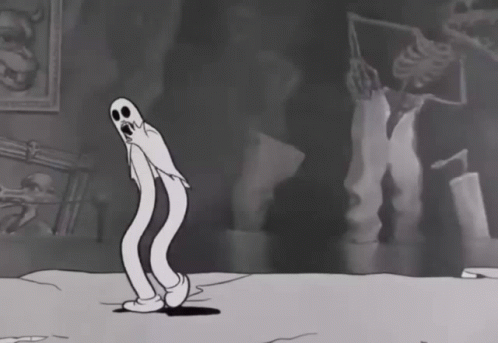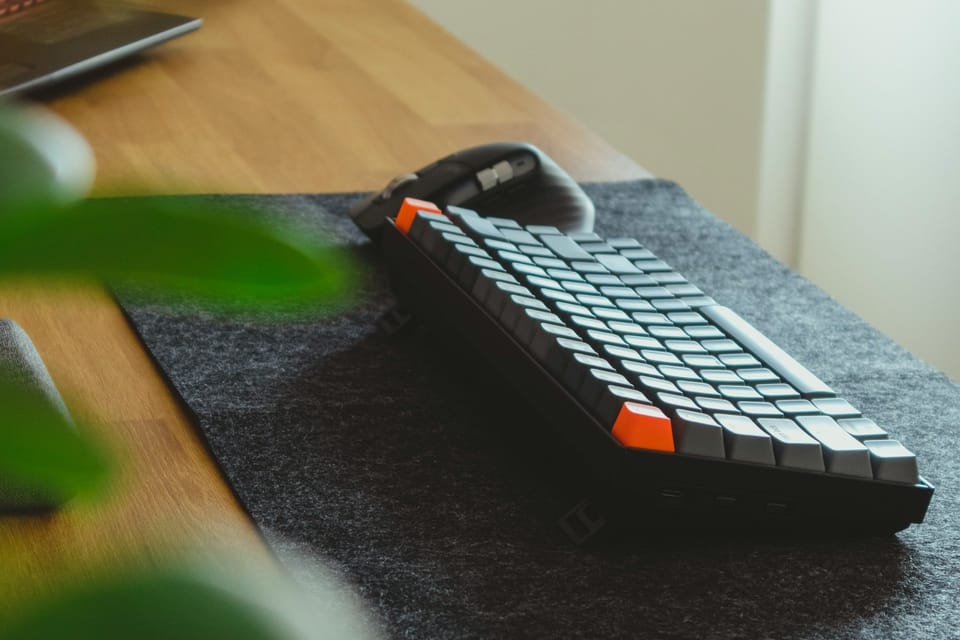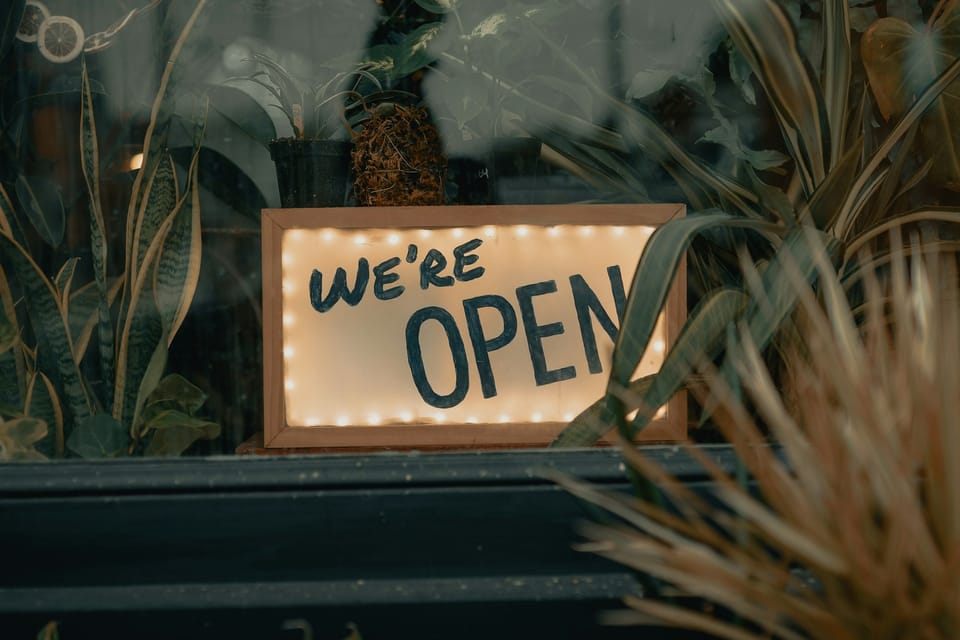#OurNamesBelong
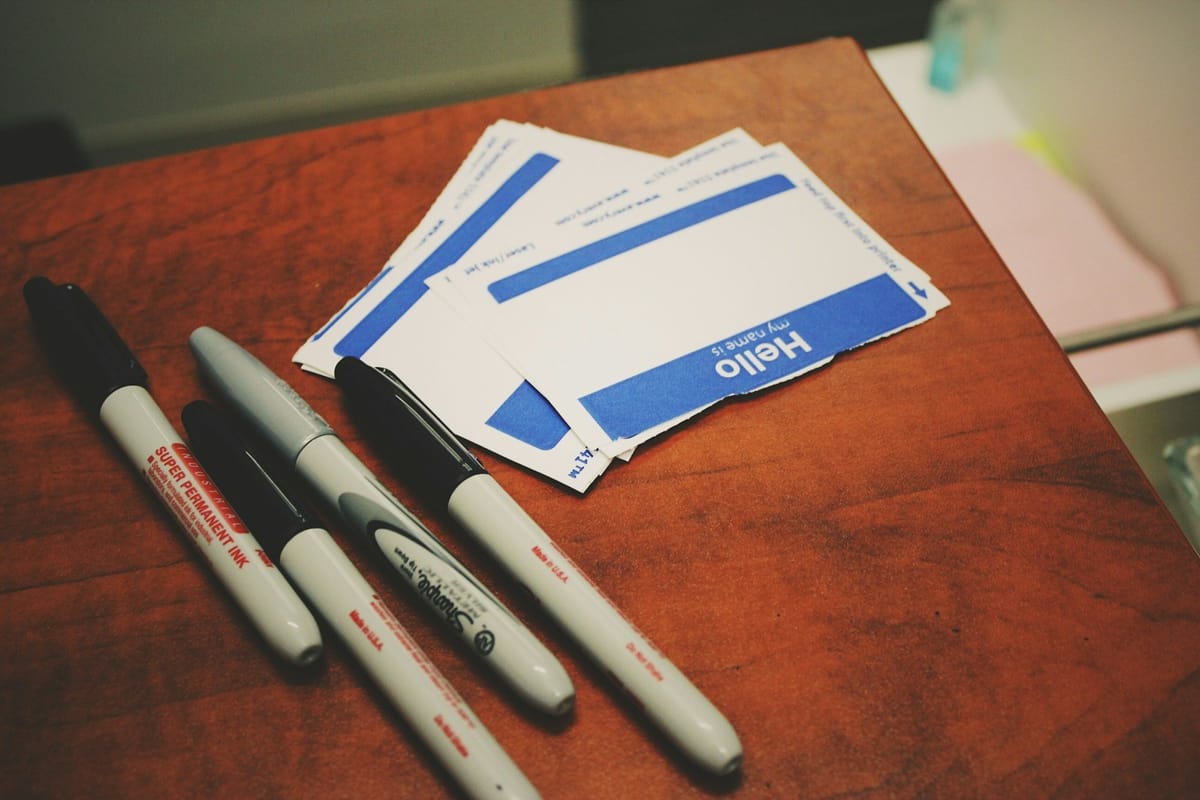
Two-ish years ago, I was reading an excerpt from the book “Big Friendship” and thought I’d share this with one of my closest friends. Knowing that they were also a POC, I had an inkling as to how they’d react, but what I didn’t know what that it would spur a fairly deep conversation about our own sense of identity.
Below is that conversation (T being myself and N my friend).
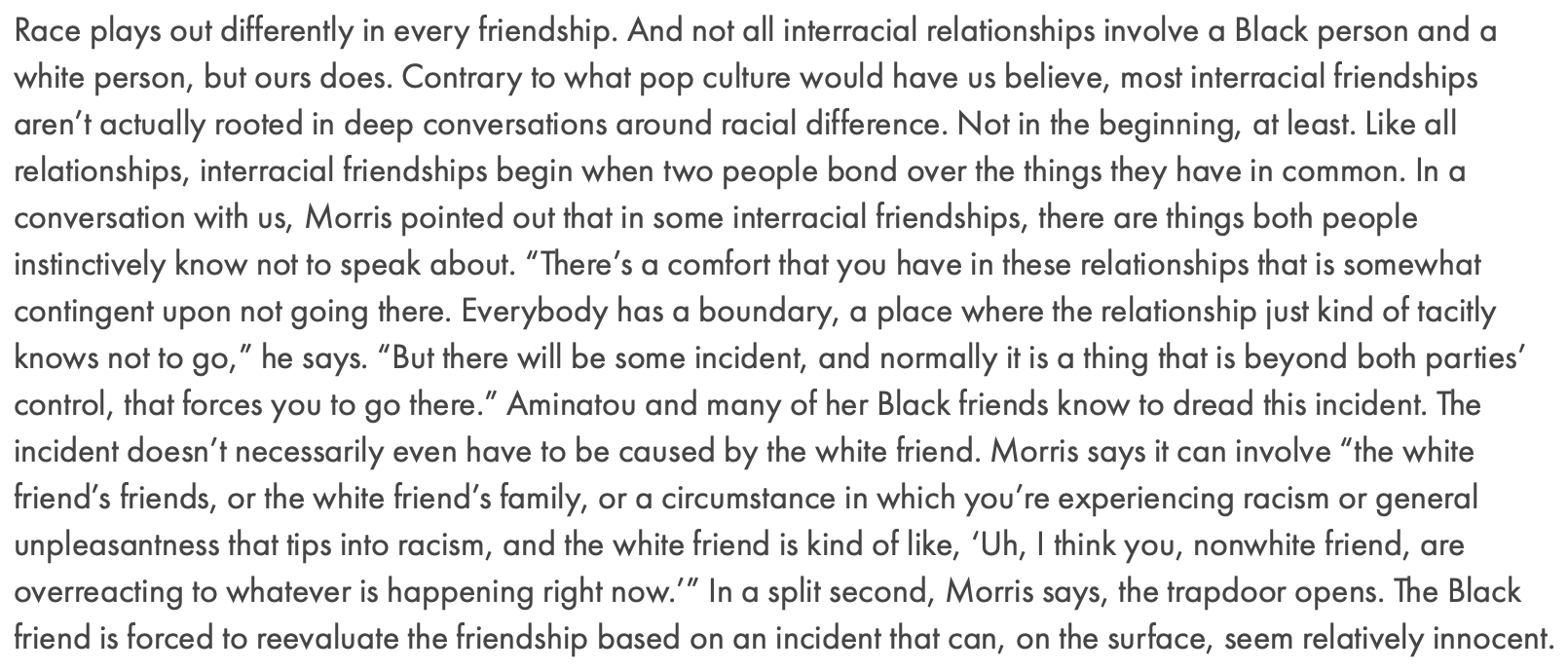
N: I really enjoyed this paragraph. It definitely spoke to a lived experience for me.
T: Yeah, same here. Looking back at past experiences, I’ve definitely been either the only or one of maybe two or three other POCs in a room before.
N: Was being the only POC in a room a thing you realized in the moment, and did it impact how you interacted in that space?
T: To be honest, I’m not sure when I realized this. Growing up, my schools and friend groups were majority white, but I think that’s a result of the area that I grew up in.
There was always this part of me that felt weird having to explain Desi holidays to my friends and couching them in terms and explanations that I thought would be “acceptable” to them and easier for them to understand. Especially when they didn’t have to explain their holidays to me, like Christmas, which was something we never really celebrated growing up.
While my experience wasn’t at all like Rupinder Gill’s growing up - my parents provided plenty of opportunities like TaeKwon-Do, baseball, swimming and guitar lessons, Scouts, etc. - I’ve also sort of felt…stuck? Between two worlds. One is this “Canadian” world and the other is my own Desi background. To a large extent, I feel more “Canadian” than I do anything else seeing as I came to Canada when I was 3 years old, and I do feel like I am living a very “Canadian” experience, but also on the outside of what that’s traditionally supposed to mean.
But, to answer your question in a more succinct manner, I’m not sure when I noticed this first, but it’s something I’ve definitely become more actively aware of in recent years, and definitely something that’s alternated how I interacted with in a given space.
What about you?
N: I’m sort of relieved to hear you say this because like you, it wasn’t something I took the time to notice until recently, and felt weird admitting to myself. Like I was too blind to see what was clearly apparent, y’know? I see myself as Canadian, but I get my hackles up a little when people in my own Eritrean community see me as more Canadian than Eritrean. But, having been in Canada since I was 5, it’s really almost all I’ve ever known.
T: Oh, 100%. Anytime I go to the temple with my parents for birthdays or the odd Desi holiday that we actually celebrate, I feel super out of place. It’s as if the people within “know” that I’m not a “real Indian.” It’s the same thing when I go back to India. They call me their Canadian cousin/nephew/uncle, because to them, I’m not “Indian.” It’s frustrating because it makes me feel like I don’t fully belong to either group as they (at least I think) they view me as coming from the outside into their circle.
N: I’m coming to the realization that that’s part of the reason I’ve avoided going to large Eritrean celebrations. It’s a never-ending feeling of looking in from the outside the entire time I’m there. But I’ll never feel like I’m inside the circle if I feel avoiding them.
T: That’s kind of my relation with how I approach (or currently and not approaching) learning Hindi.
A great example of this is me having to couch myself in ways I thought would be more acceptable to the white audience I grew up in is my own name.
Normally, when I greet people, I pronounce my name TAH-pəs, as that’s how they likely know how to pronounce the Spanish food of the same name. But, in actuality, my name is pronounced, “THUH-puhs.” For non-Desis, I don’t even bother with the explanation, as that will lead them down a rabbit hole of them trying and failing to pronounce it accurately. But for Desi people, it’s entirely different.
When I worked in retail, I’d greet all customers with the bog-standard, "Hi welcome to [insert store name here], my name is Tapas, let me know if I can help you with anything today." For non-Desis, they'd smile and go their own way. For Desi customers, they'd always stop and ask for my name again. They'd hear me say, "TAH-pəs" and they'd stop, and ask for my name again. And every single time, I’d pause with this unavoidable tinge of guilt at me white-washing my own name. Even writing this now, I have this sense of guilt and shame for all the times I’ve mispronounced my own name. And this realization came to me really late in life, maybe last year? I was watching an interview with Hasan Minhaj, where he spoke about how he refuses to let people mispronounce his name because it makes them feel better.
N: There’s so much you’ve had/have to navigate there. I’m sorry. How would you prefer your non-Desi friends (me) pronounce your name?
T: Thanks dude. To be honest, I still haven’t really fully explored how this simple (mis)pronunciation of my name has shaped and impacted me life. My first instinct is to say, “whatever is more comfortable for you,” because I think that’s what I’ve conditioned myself to think and react when asked this question, but I’m not sure. I think that eventually I’d like to land on “THUH-puhs” but I think I need to do some more processing first.
And that’s where we come to today. Two-ish years after this conversation, and I’m still trying to reconcile my external actions with my internal thoughts and feelings. While I’m unsure of how, what, or when I’ll land on a decision, it’s encouraging to see people starting to increasingly speak out about the importance of and how to correctly pronounce their names. It’s not just a common courtesy, but an important step in creating an inclusive environment, one that emphasizes psychological safety and belonging.
Growing up, I heard so many different variations of my name. TapASS, Tap-dat-ass - you get the picture. Being so young, I was unaware what that teasing was doing to my own sense of identity. “A 2012 study titled found that when students of color had their names mispronounced in the classroom, it affected their social emotional well-being and by extension, harmed their ability to learn… and constituted a racial microaggression because it created shame and disassociation from their culture.” - Kim Clark
I have a vivid memory of a grade-school field trip to visit the Longhouses at Crawford Lake. On the way there, one friend asked me if I was an “Indian”, miming a bow and arrow, or an “Indian”, placing his finger between his brows to indicate a bindi. I played along, because that’s what I thought I needed to do in order to fit in and be cool, but I also know that my teacher saw and heard this, yet did nothing to correct or educate.
So, while I continue this journey to discover my name for myself, I find myself constantly reminding myself of this quote:
“If they can learn to say Tchaikovsky and Michelangelo and Dostoyevsky, they can learn to say Uzoamaka.”
— Uzoamaka Aduba
So, for now, let me re-introduce myself. Hello, my name is Tapas, and my name belongs.

